

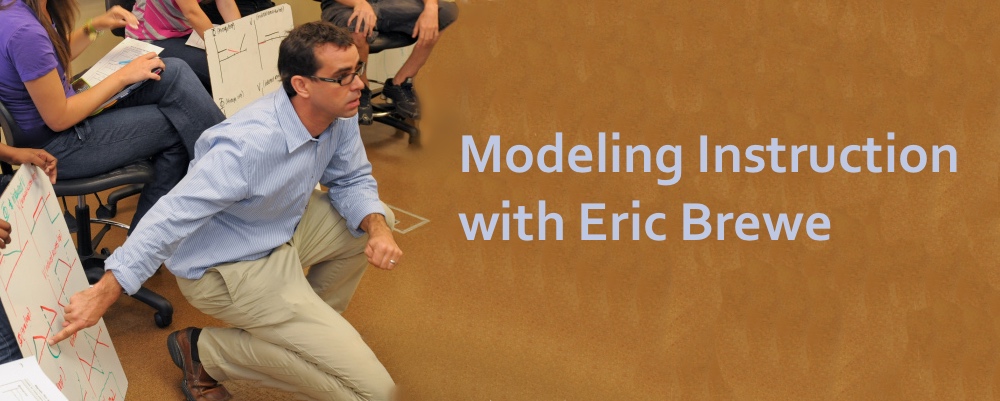
Podcast #65
Modeling Instruction (MI) is a curriculum and pedagogy based on the idea that science learning involves creation, use, validation, and revision of conceptual models. Our guest, Eric Brewe, is a physics education researcher at Drexel University who develops, studies, and uses MI in higher education. In this episode, Eric explains what Modeling instruction is and how it differs from other highly active ways of teaching science. He goes on to share research on how MI increases test scores, reduces drop out, and substantially improves student attitudes toward physics. Eric also tells us how he got started in education research working with the David Hestenes, the creator of modeling instruction.
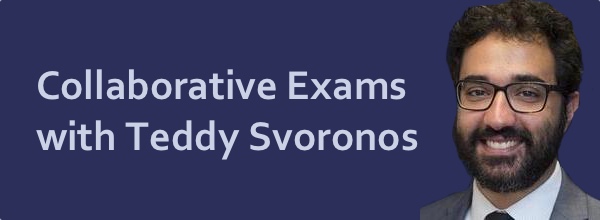
Podcast #64
Teddy Svoronos is a lecturer in public policy at the Kennedy School of Government at Harvard. He’s most well known for his creative use of technology in the classroom, but he’s actually someone who thinks about pedagogy first and lets that dictate all of his tech choices. In this episode he tells us how he gives exams where students work independently first, and then teach each other during a collaborative second stage. He also shares some analysis he’s done of the results that have encouraged him to increase the amount of collaboration in his classes.
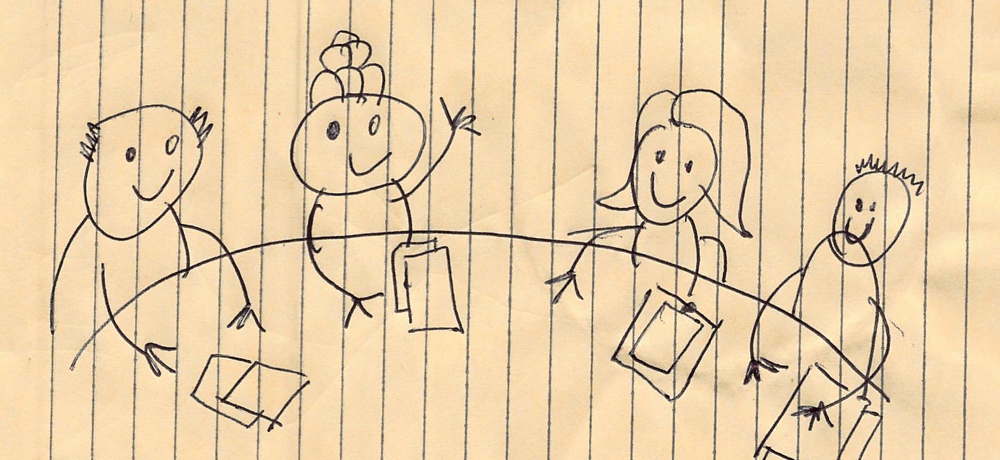
DBER Journal Club
Up until a few months ago, I didn’t even know that DBER stood for Discipline-Based Education Research. Now I’m its biggest fan, in large part due to a journal club I joined here at Cornell.
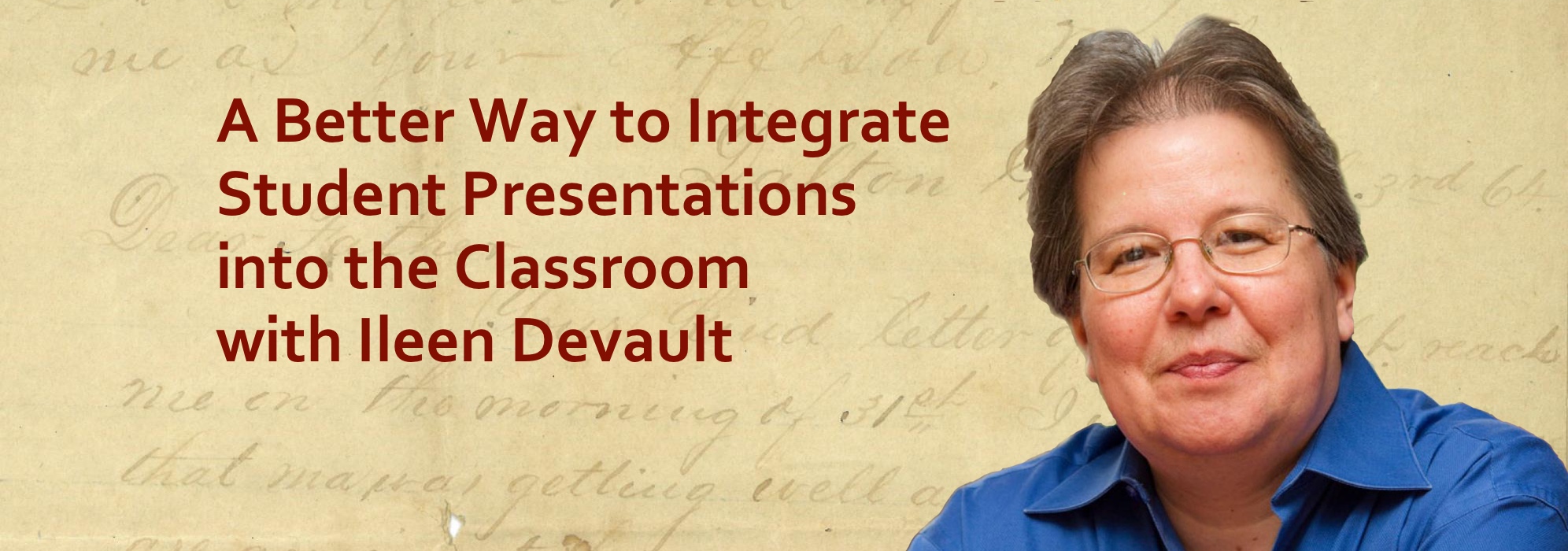
Podcast #63
Ileen Devault is a historian in Cornell’s Industrial and Labor Relations School. In this episode she talks with us how about how she shares teaching responsibility with her students by having them lead discussion of topics using primary sources. In the process, they learn about archival research, they bring fresh energy into the classroom, and perhaps most important, they learn to think like historians.
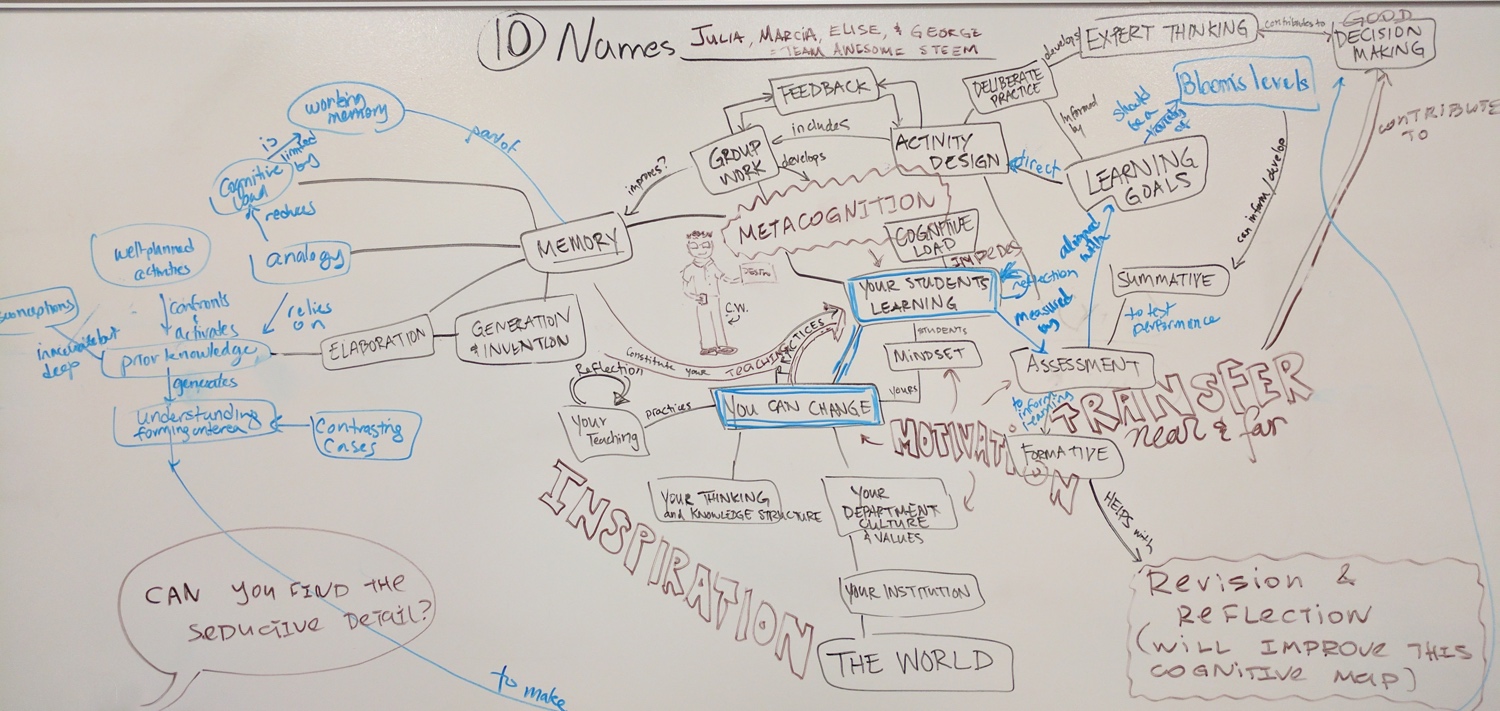
Carl Wieman Practices what he Preaches
I’ve been teaching by the seat of my pants for almost 9 years now. I try new things in the classroom and pay attention to whether they work. And I like to think I have decent instincts. What I haven’t done until this summer is invest serious time reading research on teaching and learning. That’s why I jumped at the opportunity to spend 6 intensive days at Stanford studying with Carl Wieman (and about 40 like minded people) at his first ever summer Departmental Education Specialist Training Workshop.

Podcast #62
Our guest is Natasha Holmes, an Assistant Professor in the Cornell Physics Department who specializes in physics education research. For the last several years, Natasha has been figuring out ways to increase the amount students learn in science labs. While some students find traditional lab courses to be transformative experiences, many more find them to be mindless recipe following exercises. In this episode, Natasha shares her experience with a new kind of science lab that gets students thinking critically, carefully, and creatively. We also talk about the value of doing educational research in our disciplines.

Podcast #61
In this blockbuster finale of #edtechsummer, Edward and Doug invite three experts to share their thoughts on the future of educational technology. Michael Feldstein (e-Literate and Mindwires Consulting) reminds us that technology should serve pedagogy and suggests some sensible criteria which we can use to evaluate new products. Matthew Rascoff (Duke Center for Instructional Technology talks specifically about the future of the Learning Management System (LMS) and the potential for edtech to help students connect with each other. Bryan Alexander (independent futurist) steps back to ponder the broader impact of technology on higher education. All in all, this is one of our most thought-provoking episodes.
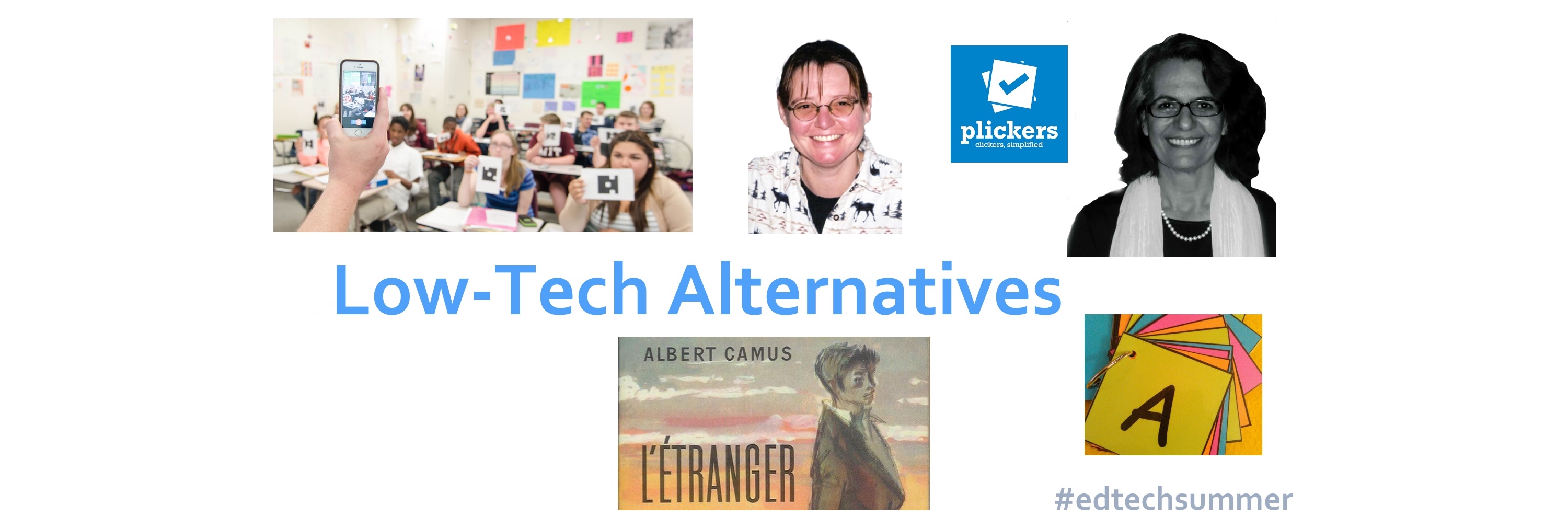
Podcast #60
Edward and Doug discuss several low-tech alternatives to technology products they’ve discussed in earlier episodes of #edtechsummer. Laminated color-coded cards and Plickers let you poll your class without any student-held electronics. Atiyeh Showrai joins us from the USC French language program to talk about their experience creating an e-workbook using just Microsoft Word and Adobe Acrobat. Then Quirine Ketterings (Cornell) shares the role-play game she plays at the end of term in her Whole Farm Nutrient Management class.